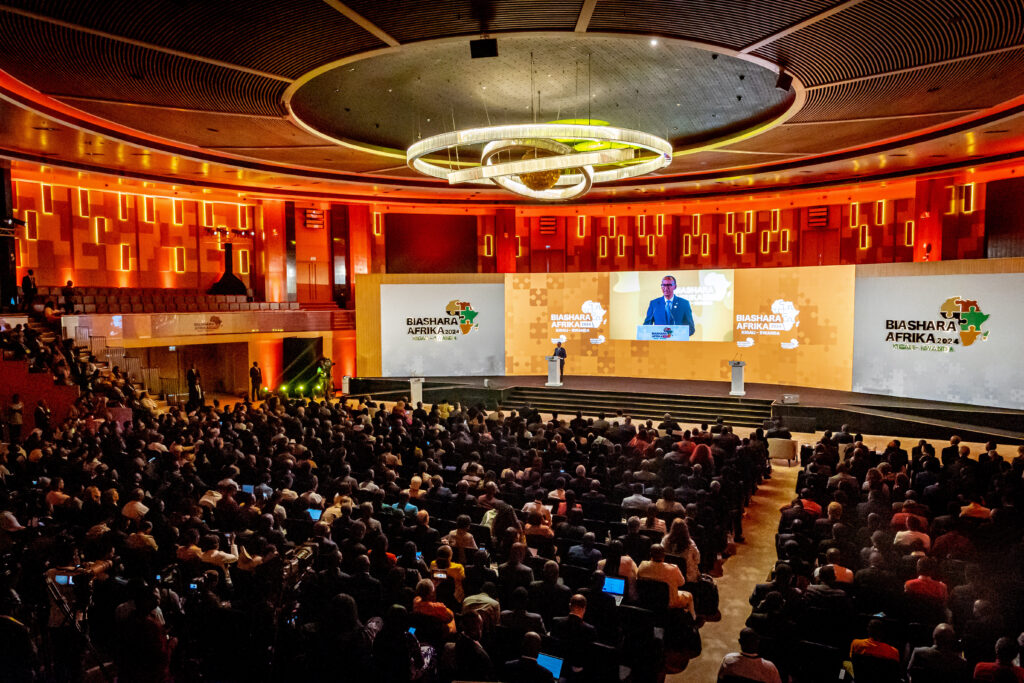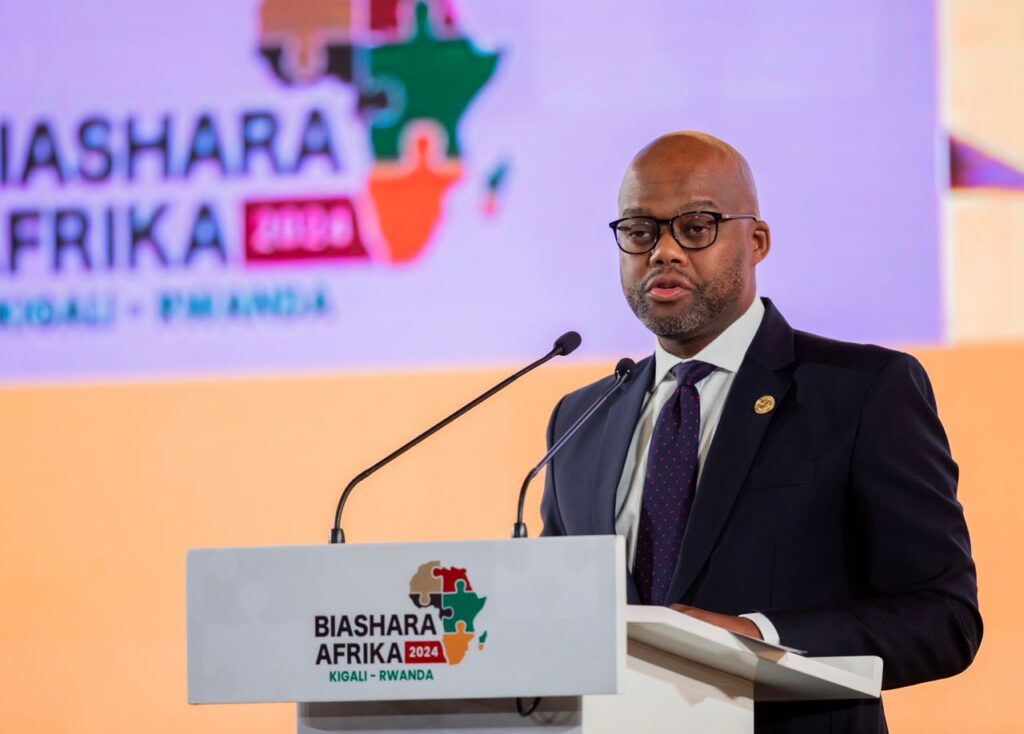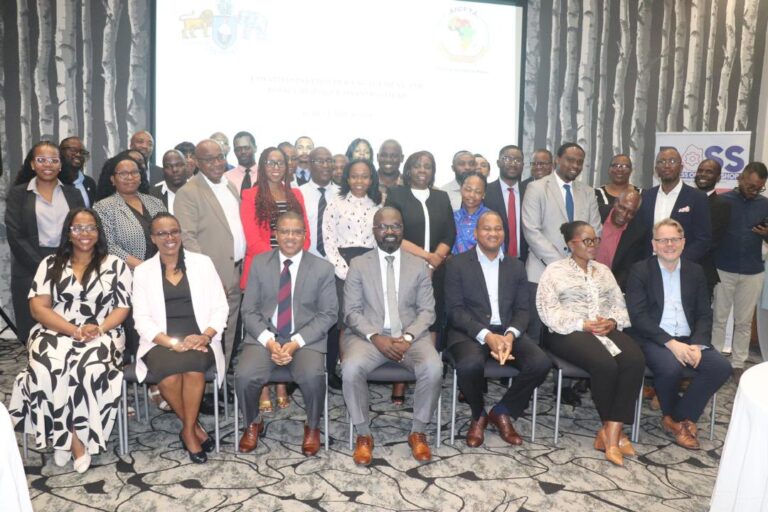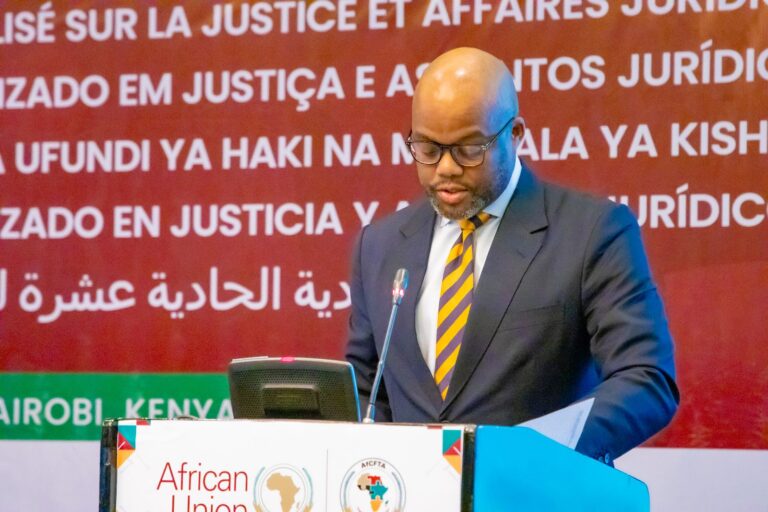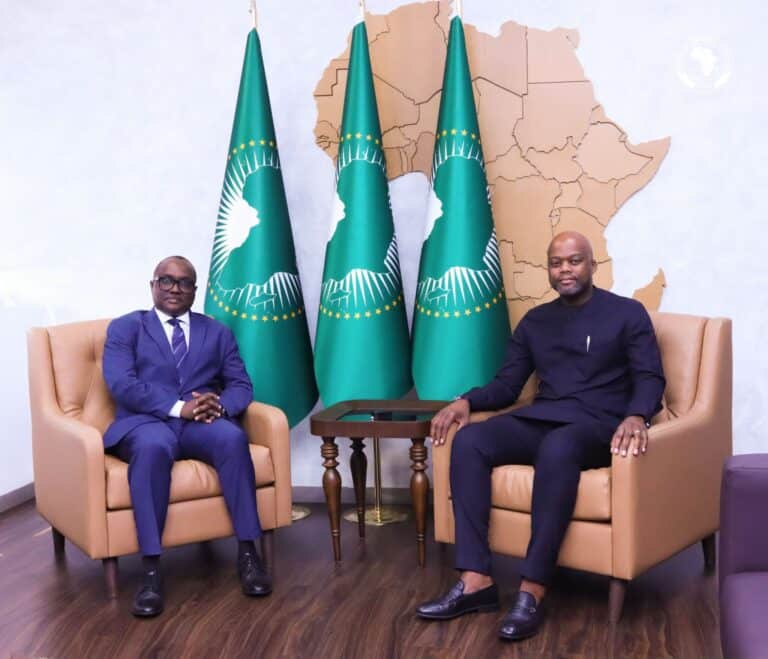Biashara Afrika 2024 concluded on a high note after three days of impactful discussions on the future of trade across the African continent. With 1,473 delegates from around the world in attendance, the event provided a remarkable platform for dialogue, networking, and the exploration of groundbreaking ideas. Participants shared insights on the critical sectors of Africa’s economy that are key to unlocking intra-African trade and driving sustainable growth.
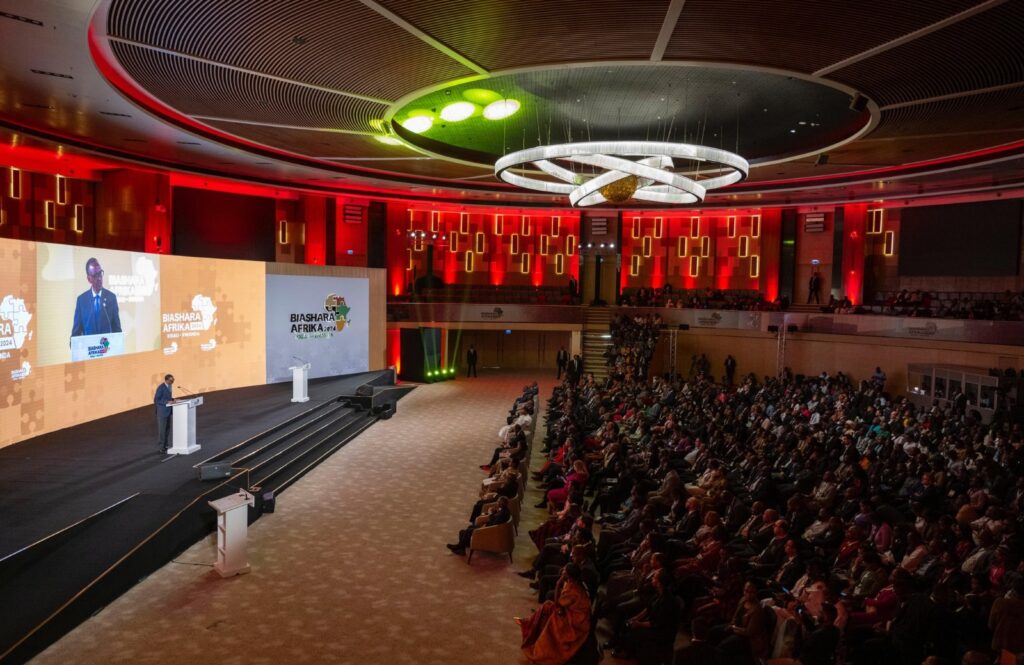

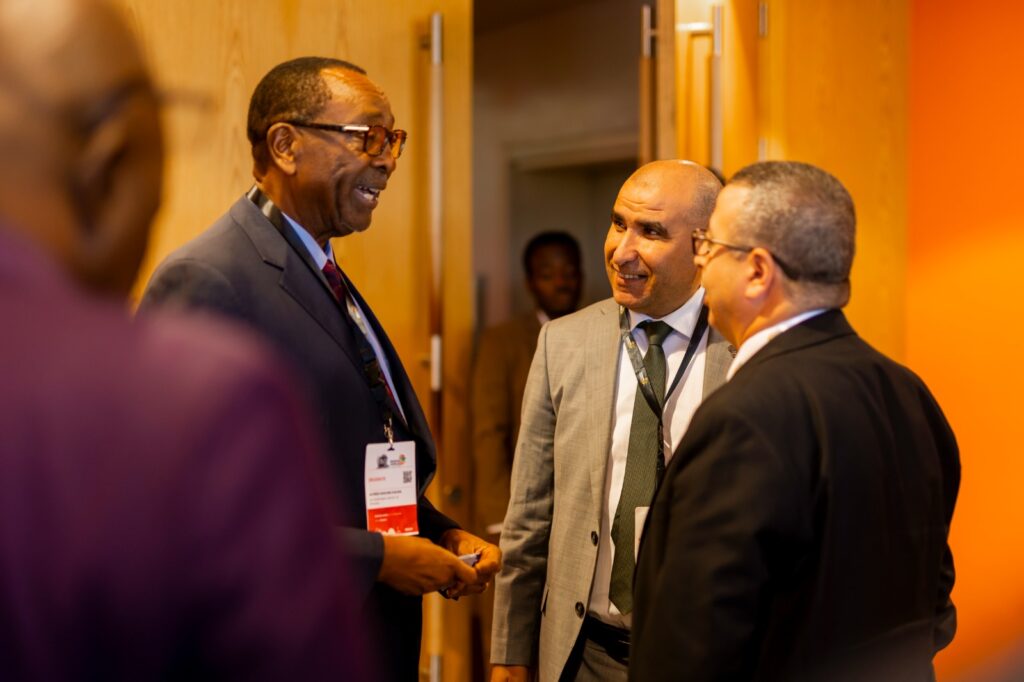
More than 120 exhibitors showcased an impressive array of products, representing Africa’s diverse creativity and innovation—products that are ready to claim their place in stores across the continent. While challenges persist, the event celebrated the important strides made towards achieving deeper economic integration.
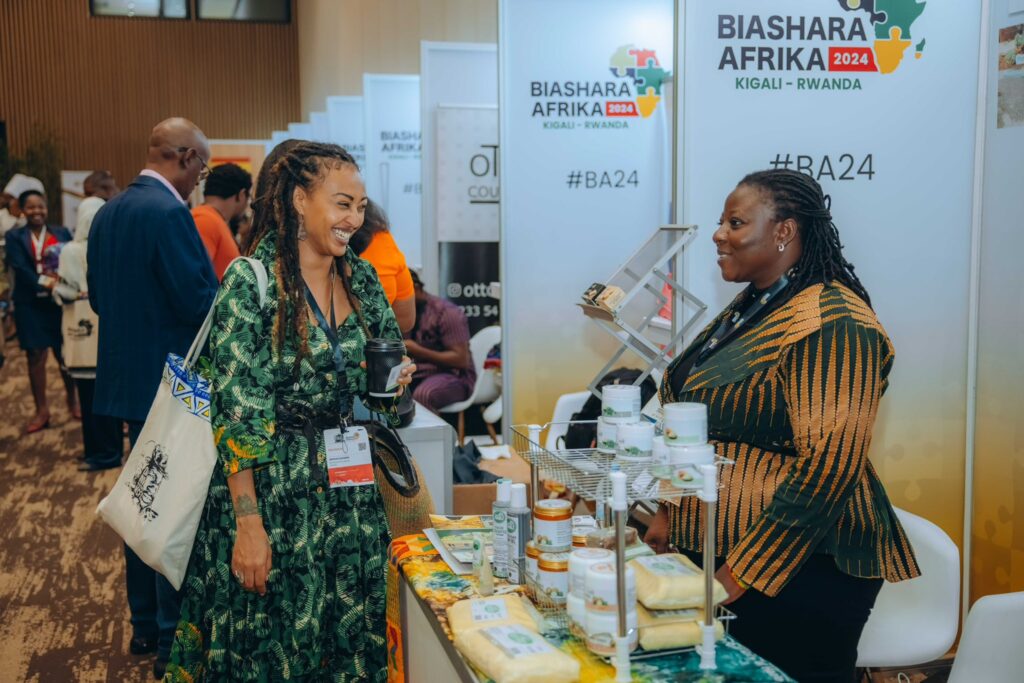
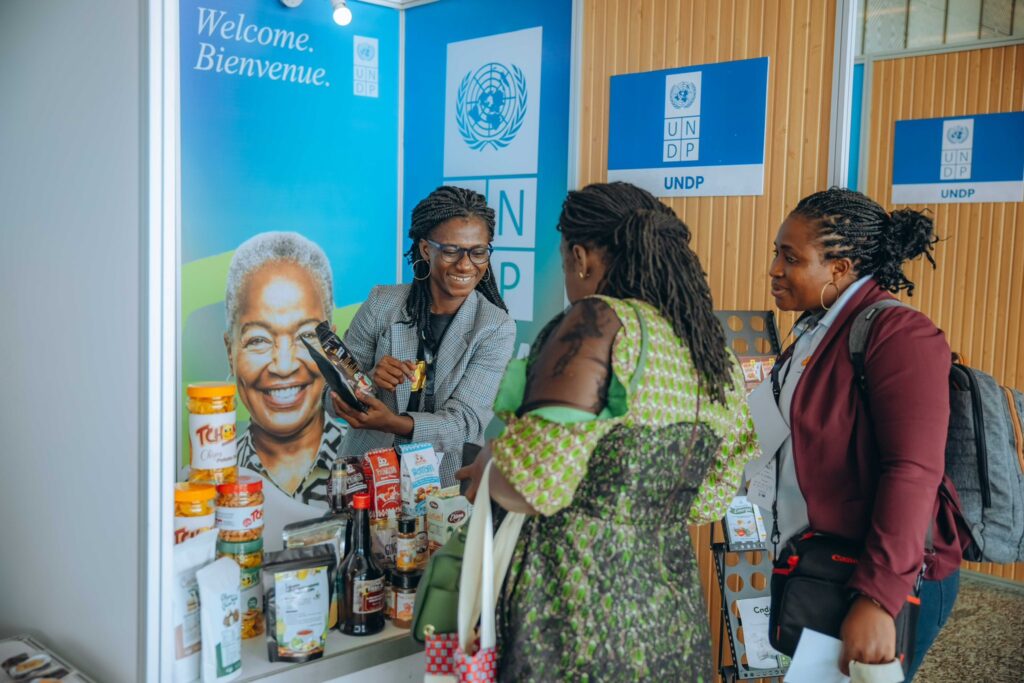
A highlight of the forum was the signing of three Memorandums of Understanding (MOUs) between trading companies from Kenya, Ghana, and Egypt. This underscored the power of collaboration and demonstrated that, when the private sector is equipped with the right information and tools to utilize the AfCFTA, the opportunities are limitless.
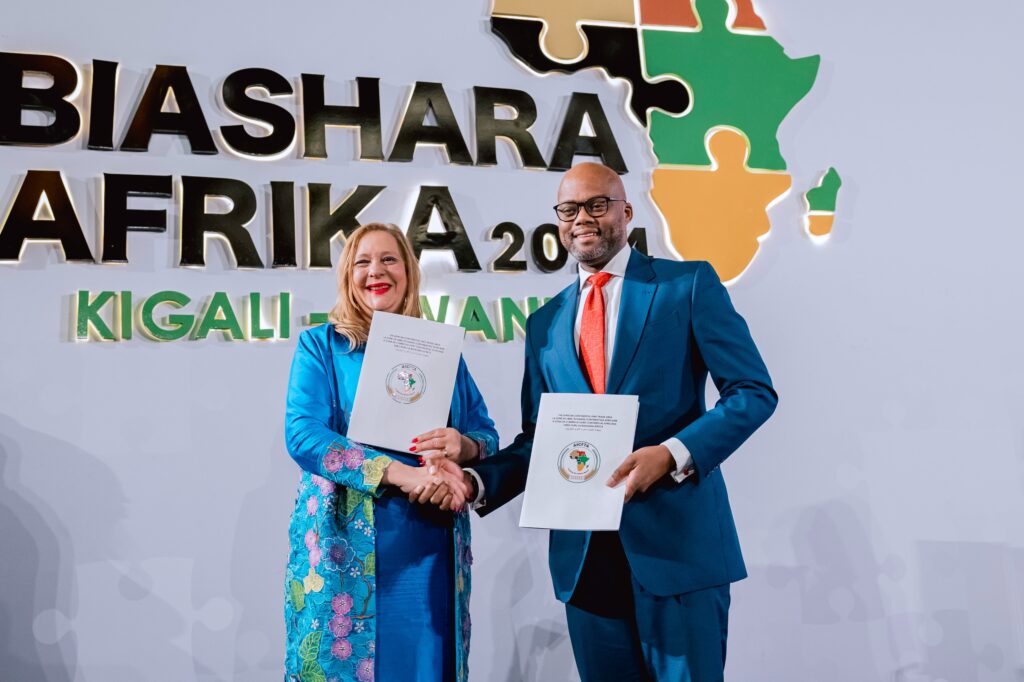
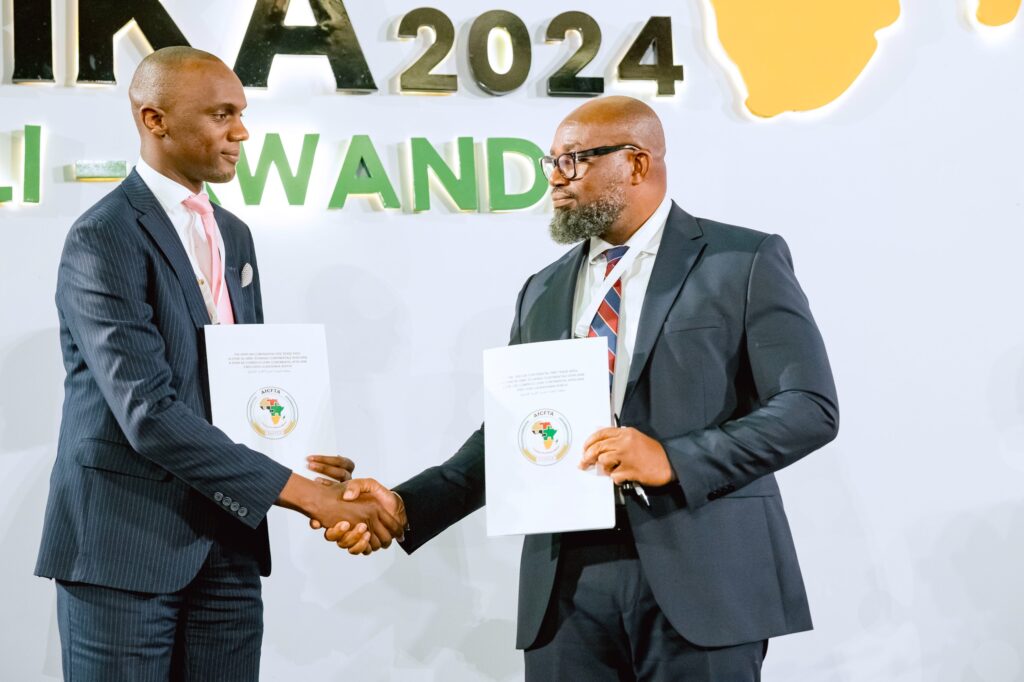
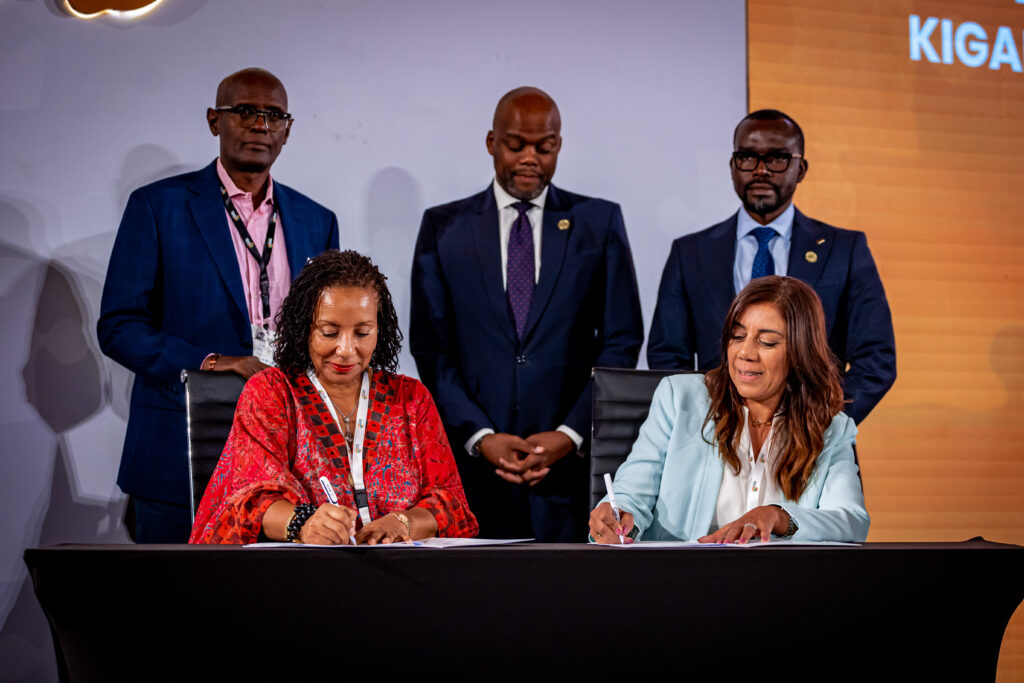
Throughout the sessions, it was evident that the AfCFTA presents a unique opportunity to build a more integrated, competitive, and resilient African economy. By removing barriers to trade, encouraging investment, and harmonizing regulations, the potential for African businesses—both large and small—to thrive is immense. Delegates left the forum not only with new ideas but also with concrete strategies and actionable plans.
Collaboration is Key
The forum emphasized that collaboration between the public and private sectors is crucial to realizing the full benefits of the AfCFTA. Speakers highlighted the need for the private sector to lead in innovating, adapting, and investing, while governments must provide the enabling environment for businesses to grow and compete on a global scale.
Discussions also focused on the importance of establishing platforms that promote networks and business linkages, enabling local SMEs to plug into national and regional value chains. There was a strong call to invest in Fintech innovations and digital payment systems to reduce the cost of doing business, particularly for women entrepreneurs. In the realm of trade finance, participants urged governments to create regulatory policies that foster inclusivity for MSMEs and SMEs.
Banks and development finance institutions (DFIs) were encouraged to develop tailored trade finance solutions for SMEs. There were also recommendations to establish an international trade finance mechanism involving national, regional, and pan-African banks. Synergizing these efforts could pave the way for an African Financial Capital Market dedicated to trade finance.
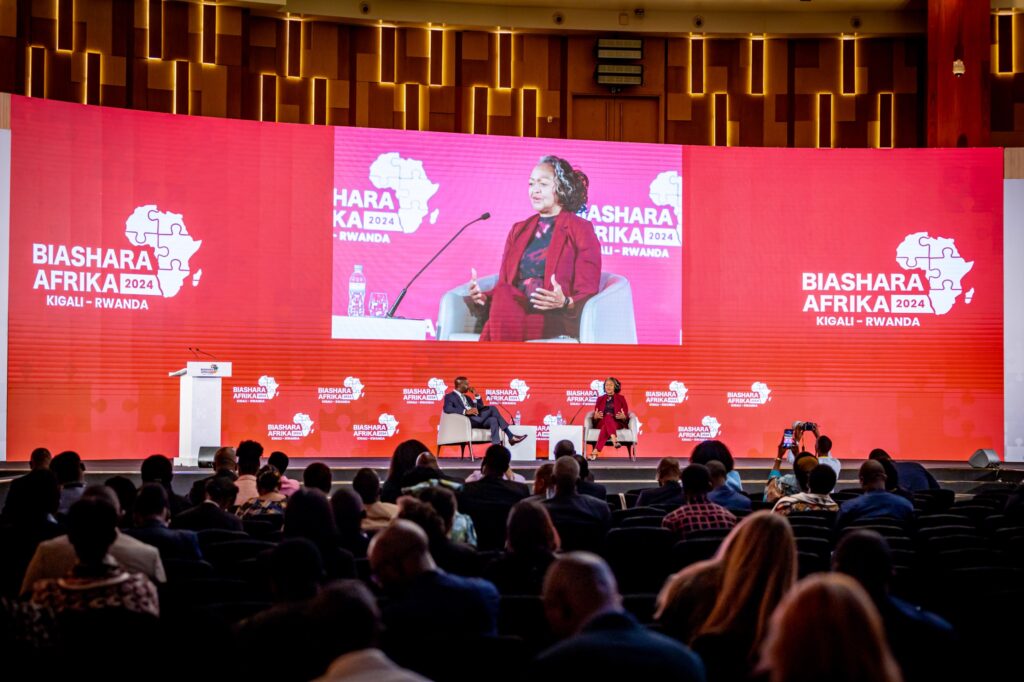
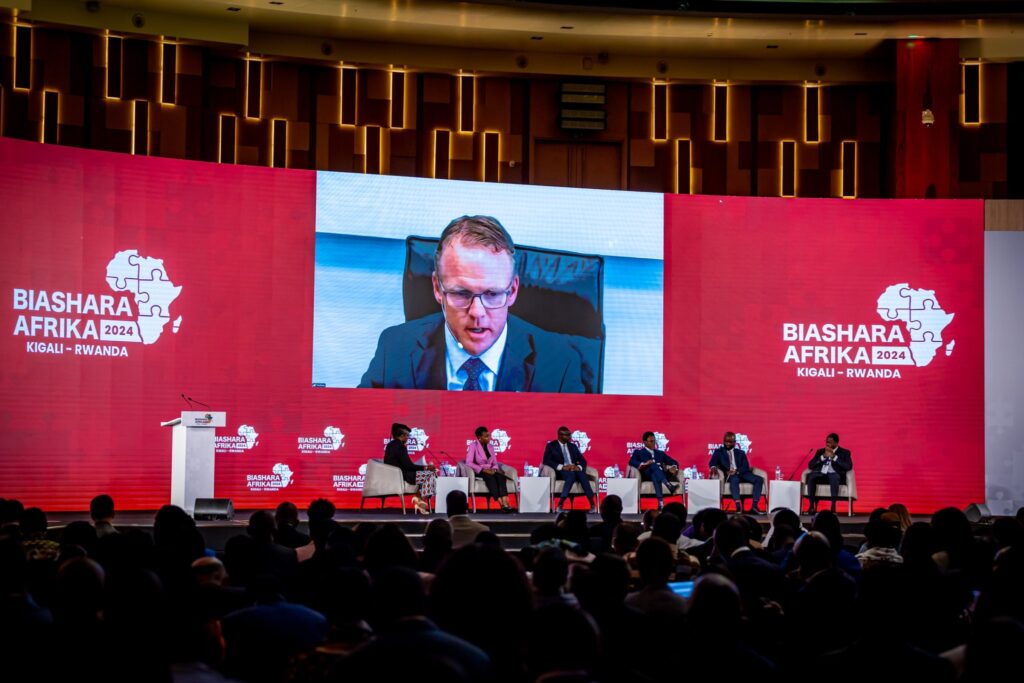
Unlocking Intra-Africa Trade
The forum discussions stressed the importance of strategic financing to support long-term infrastructure development. It was noted that the private sector must work intentionally with governments to design and implement favourable trade policies under the AfCFTA. Aggregation among SMEs was also cited as essential for boosting trade volumes and achieving economies of scale. Moreover, technology was recognized as a key tool for addressing gaps and building critical infrastructure.
As Biashara Afrika 2024 came to a close, delegates carried with them the energy, optimism, and sense of purpose that characterized the event. The AfCFTA is more than a policy framework—it is a catalyst for change. And everyone, from business leaders to policymakers to entrepreneurs, has a role to play in turning this vision into reality.
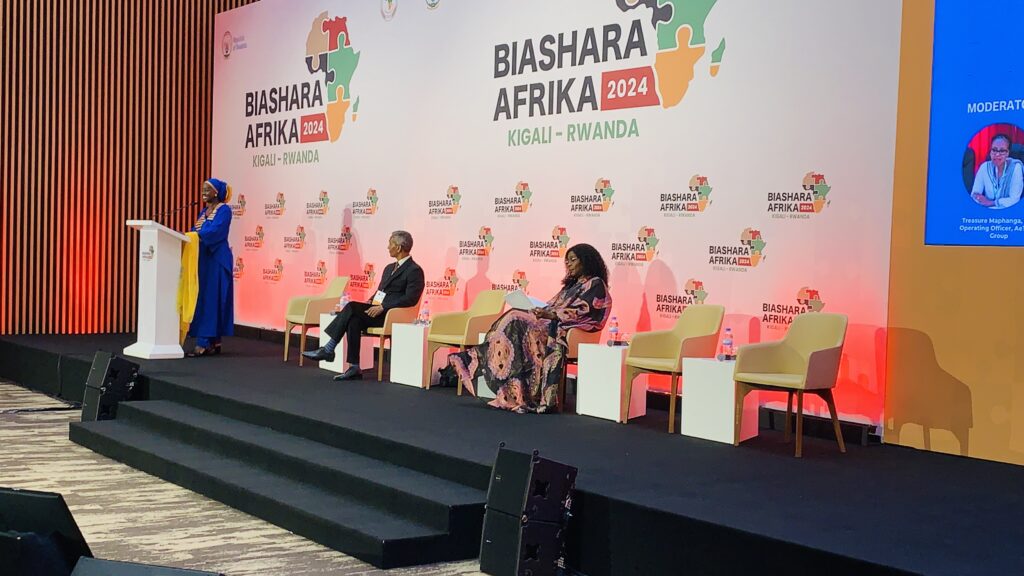
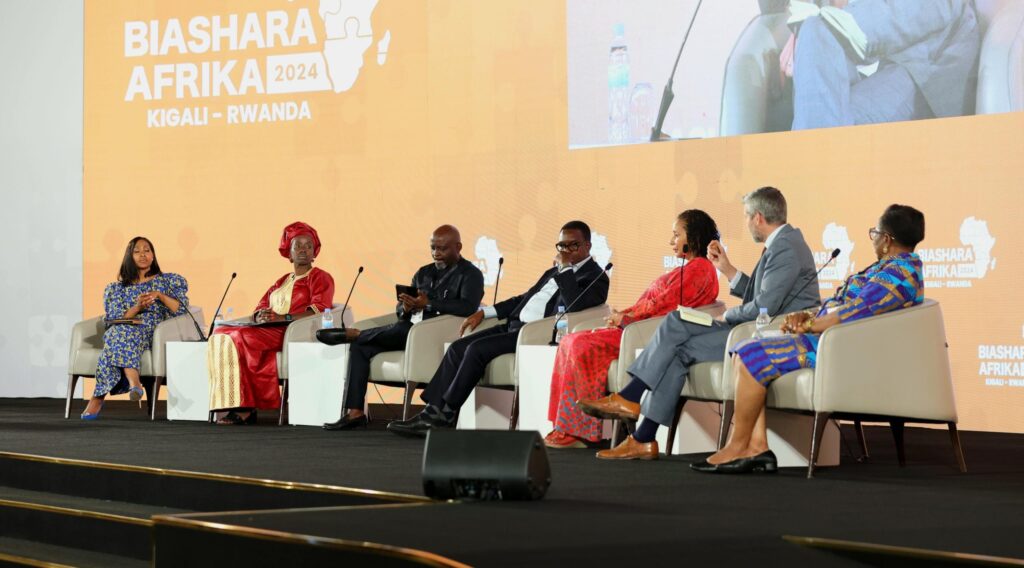
A Call to Action
As Biashara Afrika 2024 comes to a close, we are reminded that the time to act is now. The discussions and partnerships formed here have laid the foundation for the future of African trade. Whether by deepening trade relationships, embracing digital innovation, or advocating for forward-thinking trade policies, the vision of a truly integrated Africa is within reach. The AfCFTA is more than a framework—it is a transformative catalyst for change, and its success depends on the collective efforts of all stakeholders.
We are not just participants in this journey—we are the architects of Africa’s future. The bold steps taken over the past few days are only the beginning. The road ahead is long, but with the strategies and momentum forged at Biashara Afrika 2024, we are equipped to build an Africa that thrives on trade, innovation, and collaboration. We thank each delegate, speaker, and exhibitor for their invaluable contributions. The progress we achieve in the coming months will stand as a testament to the power of collaboration, and together, we will unlock the true potential of Africa’s economy.
